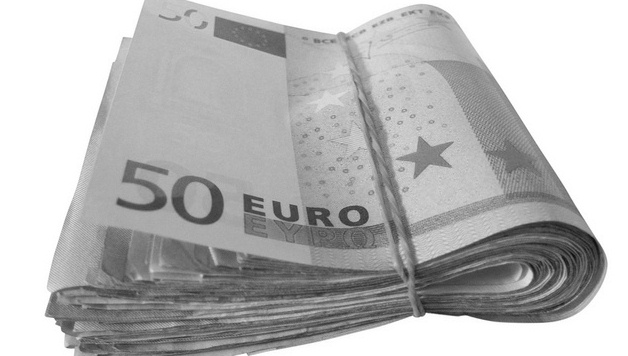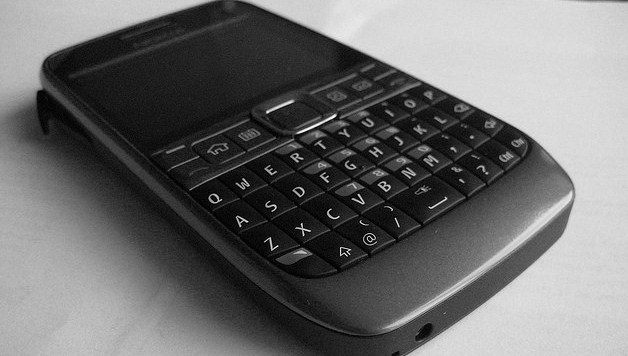As the e-book saga continues, Apple Inc. has had its day in court in the US… and the decision shows that it didn’t go well.
As reported in our previous post, Apple was the only remaining defendant in the US investigation into the alleged price fixing of e-books. Each of the 5 publishers (Hachette, HarperCollins, Simon & Schuster, Penguin and Macmillan) that were being investigated together with Apple, entered into settlement agreements with the US Department of Justice but Apple was determined to continue to fight the allegations.
Having heard and carefully considered all of the factual evidence placed before the District Court in Manhattan, the judge categorically ruled that Apple had violated federal antitrust law by playing a central role in a coordinated conspiracy with the publishers, with the clear purpose of eliminating retail price competition of e-books.
In a detailed 160 page decision, the judge rejected Apple’s arguments, including that Apple’s entry into the e-book market was allegedly procompetitive as it offered consumers an alternative to Amazon. While, in theory, that could have been possible, the decision states that it did not play out that way due to “a carefully constructed conspiracy” between Apple and the major publishers which ultimately resulted in an increase in the retail prices of e-books.
The crux of the District Court trial was Apple’s conduct during a 6 week period towards the end of 2009, shortly before the launch of the iPad. During this period, and at a time when the publishers were disgruntled with Amazon’s practice of charging US$9.99 for bestsellers, Apple renegotiated its contractual arrangements with publishers by moving to a more profitable agency-model that enabled publishers to set the price in exchange for a commission payable to Apple. The arrangements also included a Most Favoured Nations clause that resulted in harmonisation of prices across all of the major publishers. The practical effect was an increase in retail prices to between US$12.99 and US$14.99 for bestsellers.
The judge expressed the view that Apple, in ring-leader style, provided a mechanism for the publishers to act together to remove price competition for their e-books, understanding that “no one publisher could risk acting alone in an attempt to take pricing power away from Amazon.” Factually, this was fuelled by alleged comments from the late Steve Jobs to his biographer that publishers then approached Amazon with a take-it-or-leave-it pricing offer, which mirrored Apple’s, demanding from Amazon that ‘You’re going to sign an agency contract or we’re not going to give you the books.’
Apple has said that it will appeal the decision, holding the line that Apple believes they have done no wrong.
The matter will be set down shortly for a hearing to consider damages, any proposed remedies, as well as injunctive relief which is likely to include limitations on contractual arrangements that Apple may conclude with publishers in the future.
While the decision tells a tale of a textbook cartel, the saga seems far from over for Apple as class actions are yet to be determined in a number of jurisdictions, including the US and Canada.
There has been no public action taken by the Australian Competition & Consumer Commission to date and there has been no indication that any future action will be considered.
Photo credit: davidgsteadman / Foter / CC BY








